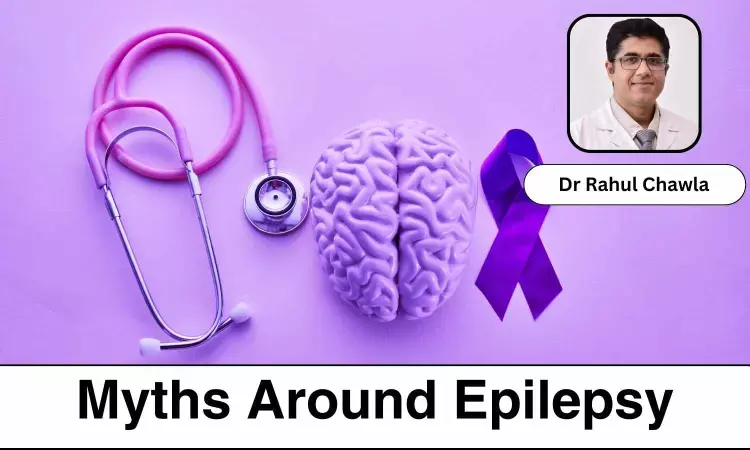- Home
- Medical news & Guidelines
- Anesthesiology
- Cardiology and CTVS
- Critical Care
- Dentistry
- Dermatology
- Diabetes and Endocrinology
- ENT
- Gastroenterology
- Medicine
- Nephrology
- Neurology
- Obstretics-Gynaecology
- Oncology
- Ophthalmology
- Orthopaedics
- Pediatrics-Neonatology
- Psychiatry
- Pulmonology
- Radiology
- Surgery
- Urology
- Laboratory Medicine
- Diet
- Nursing
- Paramedical
- Physiotherapy
- Health news
- Fact Check
- Bone Health Fact Check
- Brain Health Fact Check
- Cancer Related Fact Check
- Child Care Fact Check
- Dental and oral health fact check
- Diabetes and metabolic health fact check
- Diet and Nutrition Fact Check
- Eye and ENT Care Fact Check
- Fitness fact check
- Gut health fact check
- Heart health fact check
- Kidney health fact check
- Medical education fact check
- Men's health fact check
- Respiratory fact check
- Skin and hair care fact check
- Vaccine and Immunization fact check
- Women's health fact check
- AYUSH
- State News
- Andaman and Nicobar Islands
- Andhra Pradesh
- Arunachal Pradesh
- Assam
- Bihar
- Chandigarh
- Chattisgarh
- Dadra and Nagar Haveli
- Daman and Diu
- Delhi
- Goa
- Gujarat
- Haryana
- Himachal Pradesh
- Jammu & Kashmir
- Jharkhand
- Karnataka
- Kerala
- Ladakh
- Lakshadweep
- Madhya Pradesh
- Maharashtra
- Manipur
- Meghalaya
- Mizoram
- Nagaland
- Odisha
- Puducherry
- Punjab
- Rajasthan
- Sikkim
- Tamil Nadu
- Telangana
- Tripura
- Uttar Pradesh
- Uttrakhand
- West Bengal
- Medical Education
- Industry
5 Epilepsy Myths Debunked by Neurologist - Dr Rahul Chawla

Epilepsy is a neurological disorder characterized by recurrent, unprovoked seizures.
Seizures are sudden, uncontrolled electrical disturbances in the brain that can manifest in various ways, depending on the part of the brain affected.
A seizure is the event. Epilepsy is the disease associated with spontaneously recurring seizures.
Operational Definition of Epilepsy (ILAE 2014)
Epilepsy is a neurological disorder characterized by recurrent, unprovoked seizures; defined by any of the following conditions:
1. A least two unprovoked (or reflex) seizures occurring >24 h apart.
2. One unprovoked (or reflex) seizure and a probability of further seizures similar to the general recurrence risk (at least 60%) after two unprovoked seizures, occurring over the next 10 years.
3. Diagnosis of an epilepsy syndrome.
There have been a lot of misconceptions in India regarding epilepsy. Here are 5 Common myths around Epilepsy:
MYTH 1
Epilepsy is caused by Evil Spirit. It is a Mental Illness.
FACT
- Epilepsy is a neurological condition.
- Epilepsy affects mental health and patients may have coexisting mental health issues, but it’s not a mental illness.
MYTH 2
Epilepsy Can Be Cured by Home Remedies
FACT
- Epilepsy requires anti-seizure medications, which have to be taken after consultation with a neurologist or physician.
- Epilepsy cannot be cured by home remedies or alternative therapies alone.
MYTH 3
Epilepsy is Contagious
FACT
- Epilepsy is not contagious.
- It's a neurological disorder, not an infectious disease.
MYTH 4
Epilepsy Medications Are Addictive
FACT
- Epilepsy medications are not addictive.
- Epilepsy medications can effectively control seizures, allowing people to lead normal lives.
MYTH 5
Epilepsy requires patients to take life-long medications
FACT
- The duration of treatment depends on the etiology.
- The duration is likely to extend if the patient has seizure despite taking anti-epileptic medication and requires escalation of medications.
- Certain genetic epilepsy syndromes may warrant life-long anti-epileptic treatment.
Patients with well controlled seizure and normal EEG and MRI Brain after 3 years are candidates for tapering and cessation of anti-seizure medications under supervision.
Epilepsy is a treatable condition. It is important to find the cause for epilepsy and treat for desired time duration. If not treated, recurrent seizures predispose patients to status epilepticus, which is a life-threatening condition.
Patients with uncontrollable epilepsy are also at risk for SUDEP (sudden unexpected death in epilepsy patients). Hence, it is necessary to be under regular follow up and strict compliance to medications to be ensured.
Dr Rahul Chawla MBBS, MD (General Medicine), DM (Neurology) is an Consultant Neurologist at IBS Hospital (Institute of Brain and Spine) Lajpat Nagar New Delhi. He has 9 years of experience overall and a year of experience as a Neurologist. Dr Rahul Chawla has special interests in Epilepsy, Movement disorders, Headache & vertigo, Stroke, Dementia & Cognitive Neurology, neuro infections and Nerve and Muscle disorders. He has authored the book "Biology At Your Fingertips". Dr Chawla is also the founder of PMT Gurumantra ( a website for NEET aspirants).


